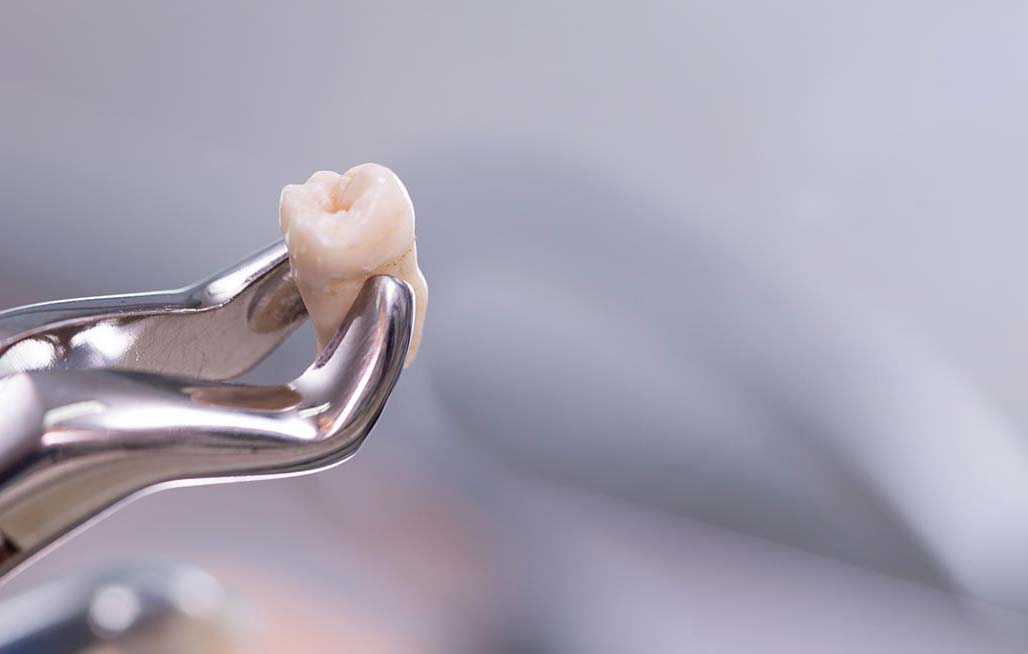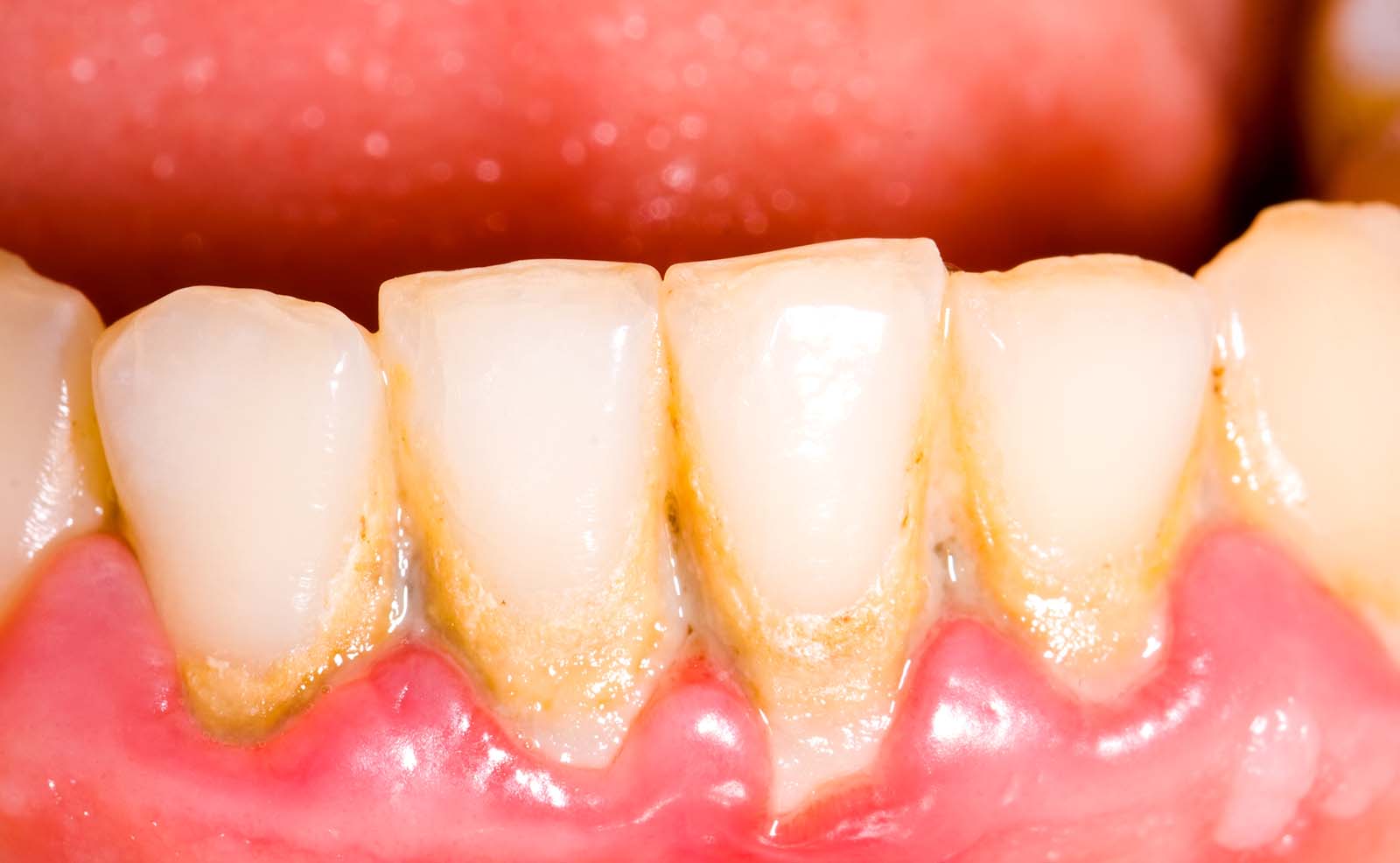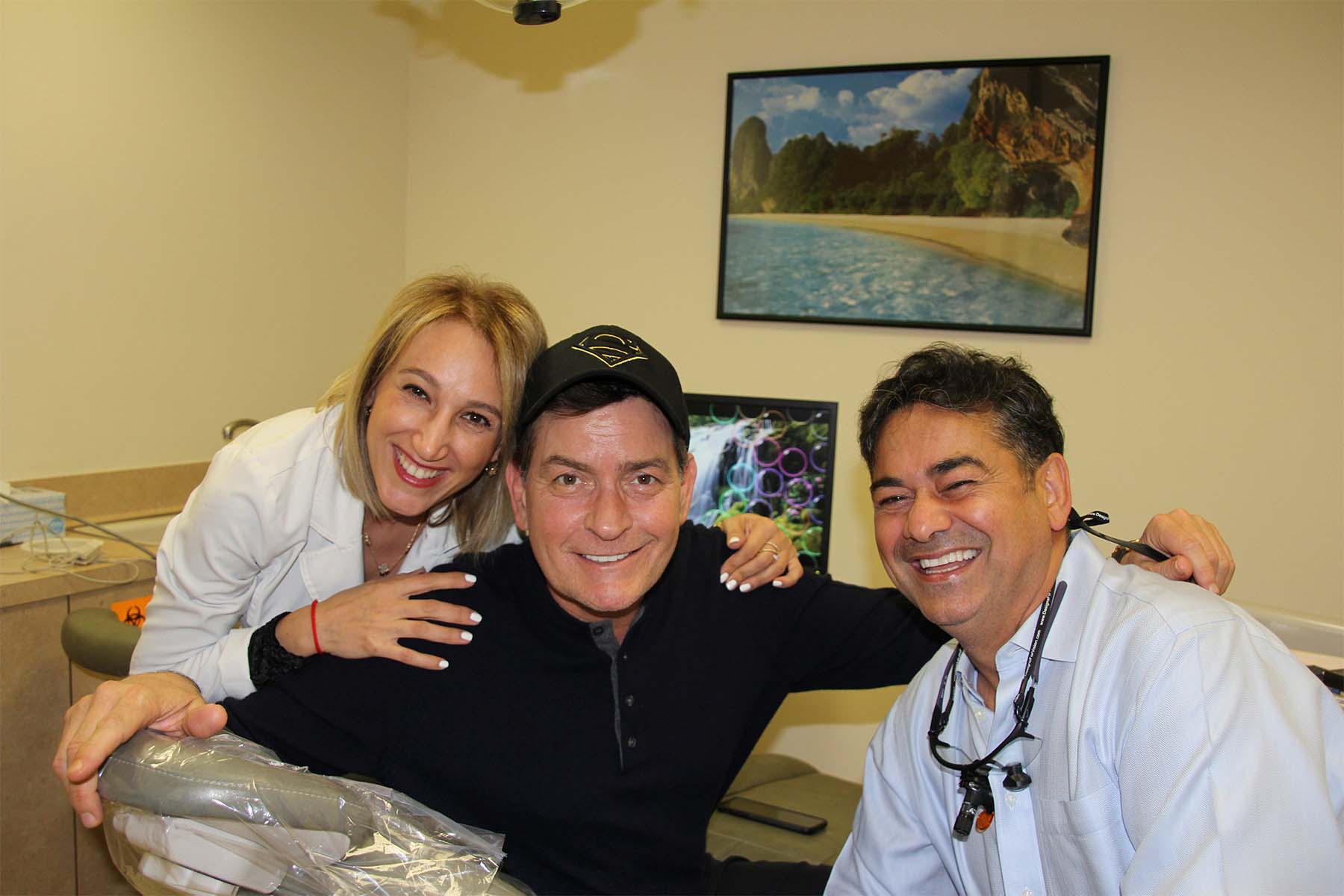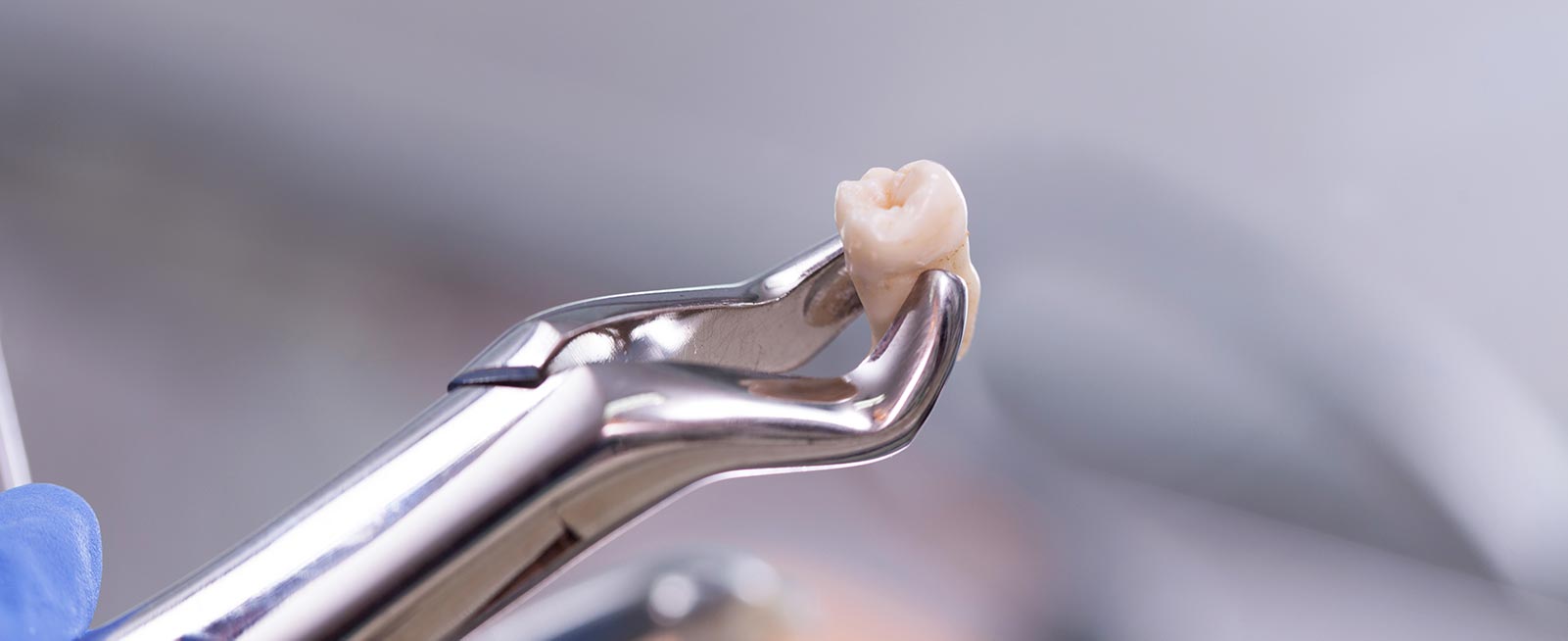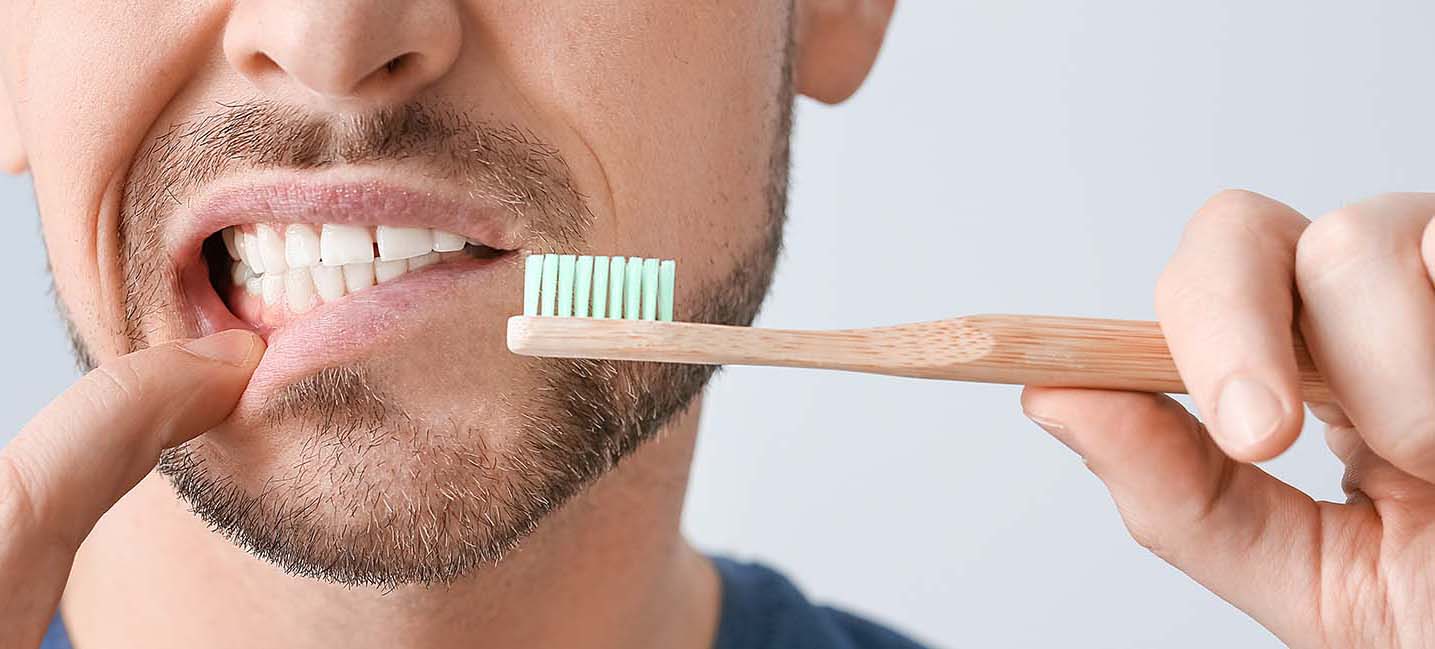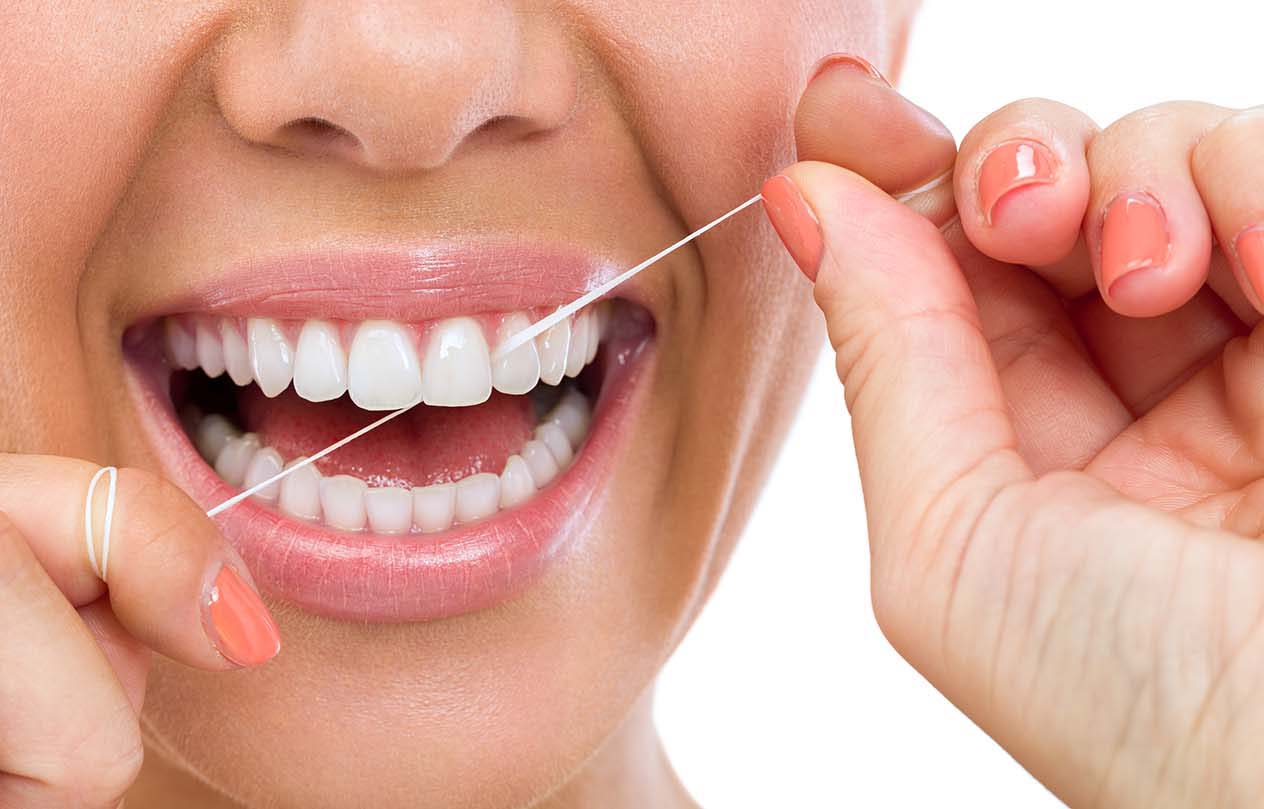When Will a Dentist Extract a Tooth? Some of the most common questions we hear are about the cost of full teeth extraction. This includes different types of extractions such as:
- Surgical extraction cost
- Broken molar tooth extraction cost
- Molar extraction cost
- Simple extraction cost
- Dental extraction cost
- Broken tooth extraction cost
- Average cost to have a tooth pulled
- Rotten tooth removal cost
- Oral teeth surgery cost
Although you may have had your wisdom teeth removed as a teenager or an adult, there are other reasons you may need to have a tooth removed. This includes crowding, tooth infection and tooth decay. If you need braces, your dentist may need to extract a couple of teeth to make room for your other teeth to move into place. Your teeth can also be compromised by an organ transplant or chemotherapy. Your tooth extraction cost includes an oral surgeon or dentist performing your procedure. You will also receive some type of anesthesia with your outpatient dental extraction surgery.
When you have visible teeth removed, it is called a simple extraction. Your procedure will be more involved if your teeth are below the surface, broken or impacted. At this point, you are most likely wondering what is my tooth extraction cost or is dental extraction surgery necessary. When you have a consultation with your dentist or oral surgeon, your specific tooth extraction cost will be determined. Your dentist will also determine if you need bone grafting after tooth extraction or oral teeth surgery.
How Much Does a Simple Tooth Extraction Cost?
Your tooth extraction cost is dependent on if your tooth is impacted. Your simple extraction cost is generally $75 to $200 for each tooth. Your tooth removal cost can increase depending on the type of anesthesia necessary. If your tooth is impacted, your procedure is more expensive. In this instance, your average cost to have a tooth removed is $800 to $4,000. Your tooth extraction cost can also be influenced by where you live.
Wisdom Teeth Removal Cost
An intact or broken molar tooth extraction is often performed on your wisdom teeth. These are the last molars located in the back of your mouth. Your wisdom teeth grow when you are 17 to 25 years of age. You may need to have them removed if they result in crowding. Your dentist may also extract these teeth to prevent cavities, tooth decay and various oral issues. The most common issues include:
Erosion Cavity
If your wisdom tooth comes into contact with your next molar resulting in infection, extraction is necessary.
Crowding
Crowding occurs when your other teeth are pushed by your wisdom teeth.
Infection
If your impacted tooth pushes through your gums, it will most likely cause an infection and require extraction.
Cysts
Although uncommon, cysts can damage both your bone and other teeth.
There are many reasons you may need to have your wisdom teeth removed in addition to the above including:
- Improving your oral health
- Prevention and correction of tooth, nerve and jawbone damage
- Correct alignment of your jaw and teeth
- Prevention of bacteria and infection
- Prevention and correction of cysts and tumors
- Prevention and correction of gum disease
- Creating space for your other molars
Your tooth extraction cost is generally around $180. If you have an impacted wisdom tooth expect to pay approximately $295. Your specific tooth extraction cost is dependent on different factors you should discuss with your dentist and whether or not you have insurance. Your wisdom tooth extraction will be performed by an oral surgeon or dentist. You will receive anesthesia for your comfort. If you require dental extraction surgery, the bone and tissues surrounding your wisdom teeth are removed. This enables your dentist to clearly identify and extract your tooth.
Stitches are placed to hold your gums together. This decreases your recovery time and bleeding. Gauze will then be placed on your wound so a blood clot can form and control your bleeding. Once your procedure is complete, you will be taken to a recovery room to rest. You will know your surgical extraction cost before you have your procedure. This includes your broken tooth extraction cost.
See Also: Wisdom teeth extraction Los Angeles
Types of Tooth Extraction
Your dental extraction cost depends on whether you need a simple or surgical extraction. This is determined by whether your tooth is visible or impacted. During a simple extraction, the area surrounding your tooth will be number with local anesthesia. You will feel the pressure but not the pain. A tool called an elevator is used to loosen your tooth before being removed with forceps.
Your tooth removal cost is higher if you need a surgical extraction. Your molar extraction cost is also higher because this type of procedure is more extensive. You will receive both local and intravenous anesthesia for surgical tooth removal to help ensure you are calm and relaxed. You may be given general anesthesia due to any medical conditions. A small incision will be made into your gum. Your tooth may need to be cut before your extraction or the bone surrounding your tooth may require removal.
Dos and Don’ts Before Tooth Extraction
Before your procedure, your dentist will explain the average cost to have a tooth pulled and take X-rays. You need to tell your dentist which medications you are using including over-the-counter drugs, supplements and vitamins. Your dentist needs to know if you are receiving or will soon receive treatment for a medical condition using a bisphosphonate or intravenous drug. If you are, you need to have your extraction prior to using this drug or your jaw may be at risk of bone death or osteonecrosis. If you have any of the conditions below, you need to inform your dentist.
- Diabetes
- Hypertension
- Damaged heart valves
- Thyroid disease
- Congenital heart defect
- Impaired immune system
- Renal disease
- Adrenal disease
- Liver disease
- An artificial joint
- Bacterial endocarditis history
Prior to your tooth extraction, your dentist will ensure all conditions are treated or stable. You may receive a prescription for antibiotics several days before your procedure if:
- You have a weakened immune system or an infection
- Your surgery is expected to be lengthy
- You have certain medical conditions
Your cost of full teeth extraction may be influenced if you have any of the above conditions. When the day of your tooth extraction arrives, it is important to adhere to all of the following.
- Do not drink or eat anything for six to eight hours prior to your procedure.
- Wear loose clothing or a short sleeve shirt if you are having intravenous anesthesia.
- Your dentist needs to be informed if you have a cold because your procedure might need to be rescheduled.
- Do not smoke before your procedure.
- If you are having general anesthesia, make arrangements for a ride home in advance.
- Tell your dentist if you experienced vomiting or nausea the night before. Your anesthesia may need to be changed or your procedure rescheduled.
Does a Tooth Extraction Have Any Risks?
Just like with any medical procedure, there are certain risks with a tooth extraction. If the procedure was recommended by your dentist, you can be fairly certain the small chance of complications or risks is outweighed by the benefits. Your risks are slightly different depending on the specific procedure such as rotten tooth removal. After your extraction, a blood clot should naturally form in your socket. This is the hole left from your tooth extraction.
If you do not form a blood clot or it is somehow dislodged, the bone located in your socket can become exposed. This is called a dry socket. If this occurs, the area will be protected by your dentist by placing a sedative dressing over your socket. Your dressing will remain in place for a few days to give your new clot a chance to form. A dry socket will result in your experiencing intense and radiating pain persisting for several days. You may also have bad breath. If you have severe pain lasting for more than two to three days, you need to contact your dentist as soon as possible. Your other risks for a tooth extraction include:
- Severe chills and fever indicating the presence of an infection
- Cough
- Bleeding lasting for more than 12 hours
- Redness and swelling at your surgical site
- Vomiting or nausea
- Shortness of breath and chest pain
If you experience one or more of these symptoms, contact your dentist as quickly as possible. The area will be treated by your dentist using medical paste. This is placed directly on your exposed bone. To help avoid the potential for a dry socket, follow the instructions you received from your dentist. Another complication you should consider is infection. This can happen if your gumline is infected with bacteria around your socket. This generally happens within one to two days after completing your surgery.
Even if you are not aware of any complications, it is important to schedule a follow-up appointment with your dentist. You do not need to be concerned about your stitches since they will naturally dissolve and removal is not necessary.
How Long is the Recovery Period After a Tooth Extraction?
In most cases, you will need to allow a few days after your tooth extraction to recover. You can help ensure a smooth recovery by following the recommended steps below.
- Place an ice pack directly on your cheek following your procedure to help decrease your swelling. Every time you use an ice pack, leave it on for 10 minutes.
- Once a gauze pad has been placed over the affected area by your dentist, bite down to help form a clot and decrease bleeding. Do not remove your gauze for approximately three or four hours unless the pad has become saturated with blood.
- Use any medications your dentist prescribed as directed. This includes any over-the-counter painkillers.
- Spend the first 24 hours after your procedure relaxing and resting. Do not try to resume your regular routine immediately. Let everything wait until the next day.
- For the first 24 hours, do not use a straw or you risk dislodging your clot.
- Do not smoke.
- Wait 24 hours after your tooth has been extracted to rinse. Make certain you are gentle when spitting out.
- When you need to lie down, prop up your head using pillows.
- You can floss and brush your teeth normally, but you need to avoid the site of your extraction.
- Eat soft foods the day after your extraction including applesauce, pudding and yogurt.
- Wait 24 hours after your procedure, then mix eight ounces of warm water with one-half teaspoon of salt. Use this mixture to rinse your mouth.
- During the course of the next few days, you will be healing. This means you can gradually begin eating other types of food.
If you are still in pain a few days after your surgery or believe you have signs pointing to an infection such as pain, pus, fever or drainage from your incision, call your dentist. You need to make an appointment as quickly as possible.
Bone Grafting After Tooth Extraction
In addition to learning your tooth extraction cost, your dental team will determine if you need to have a bone grafting procedure during your tooth removal. A bone graft is a procedure to increase the volume and density of your natural jawbone tissue. Additional bone is added to the area in which you are deficient during your procedure. There are different kinds of bone grafts available. The general recommendation if you require a bone graft is to have this procedure performed during your extraction. This is especially true if you are having an extraction to receive a dental implant.
This type of graft is referred to as a ridge preservation graft. Once your tooth has been removed, the graft is placed directly in your socket. The material used for your graft prevents your bony walls from caving inward while providing a solid and firm foundation for future dental implants. If you need this graft, you will not experience any extra discomfort during your procedure. Your site is already accessible due to your tooth extraction. You will need to wait about three to six months to heal prior to the placement of your implant.
If you are interested in receiving implants, you may be concerned if you had your tooth extracted in the past and did not have a bone graft. Your implant must be placed in an ideal and healthy site. In certain instances, you may heal perfectly without the need for a bone graft. If your extraction is difficult, you can lose too much bone. If you are interested in implants in the future, a bone graft is recommended to help ensure you are a good candidate. If you have a tooth missing for a long period of time, there is most likely some bone deterioration.
The good news is this issue can be addressed by your dentist. If your bone ridge has collapsed, you may have the option of ridge augmentation. This procedure will add more volume, width and height to your jaw. If your bone loss is in your upper jaw’s posterior portion, a sinus lift may be an option. Both procedures can dramatically improve your eligibility to receive dental implants.
The Bottom Line
When you speak with your dentist about your extraction, your tooth extraction cost and the necessary procedure will be explained. This will depend on the specifics of your tooth. If you need an oral surgery extraction, you will need to pay more than for a simple extraction. Your tooth extraction cost also depends on your dentist. You will need to pay more to have the procedure performed by an experienced and skilled dentist. If your cost is too cheap, it is often a sign the dentist does not have any experience with extractions.
You also need to consider several other factors regarding cost such as the reason you need an extraction and the state of your tooth. A good example is if your tooth is either impacted or broken, your tooth extraction cost will be higher. Generally, there is a slight difference in the cost of having your wisdom teeth removed. Make certain you know your medical history before you schedule your consultation. Your dentist needs to know if you have health concerns or issues and which medications you are taking to make certain you remain safe.
If you believe you need extra sedation, ask your dentist about the additional cost. As long as you follow the instructions you receive both before and after your extraction, you should form a blood clot and heal fairly quickly. If you are experiencing any oral issues or have questions about your dental condition or oral health, contact our office today and we will be happy to schedule your appointment. Receiving dental checkups on a regular basis is a good way to find any issues you have while they are still small.





